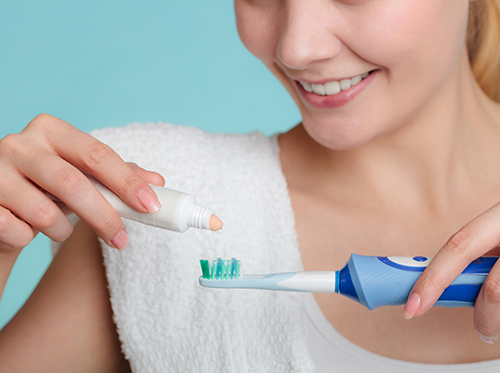What is non-surgical periodontal treatment?
August 13th, 2025

Gum disease is about much more than pesky bleeding gums – it's a serious and progressive condition that, over time, can result in tooth loss, which in turn can have a significant bearing on your quality of life. Many people avoid being evaluated for gum disease because they worry that if they do have the condition, their only option will be to undergo surgery or let their teeth fall out. In fact, there are several non-surgical options to help treat gum disease (also called periodontal disease) and prevent eventual tooth loss. Wondering what they are? Here's a quick rundown of your options:
- Regular dental cleaning: When your gum disease is in its earliest stages, regular cleanings at least twice a year may be enough to ward off further development, especially if you rigorously follow your dentist's recommendations for home care, including regular flossing. To get your periodontal disease under control, you may need to have cleanings more than twice a year, returning to twice-yearly cleanings once your gums are healthy again.
- Scaling and root planing: These procedures involve deep cleaning above and below the gum line to remove plaque and tartar and to smooth rough spots on or near the root that can provide places for bacteria to lodge. Once the material below the gum line is removed, Dr. Dalessandro may apply an antibacterial gel to help kill any bacteria that remain. Because these procedures involve using special instruments to reach deep pockets of plaque and bacteria, most patients opt for a local anesthetic to help avoid discomfort. For more advanced cases of gum disease, you may need two sessions to complete the procedure. Afterward, you may experience some slight discomfort and bleeding from your gums which will resolve soon afterward. We can recommend an over-the-counter pain reliever to help relieve any discomfort.
- Medication: Antibiotics can be used in some cases to help destroy bacteria beneath the gum line and help preserve the tooth's attachment and prevent loosening and eventual loss. Both over-the-counter and prescription mouthwashes are available, as well as oral antibiotics that can be used to destroy gum disease-causing bacteria. Toothpastes containing antibiotics are also available and are usually used in combination with other products or treatments.
If you're experiencing signs of periodontal disease – tender, bleeding or swollen gums, receding gums, gums that bleed after brushing, or loose teeth – delaying treatment is the worst thing you can do. Make an appointment at our Hoffman Estates, IL office and learn about all the options that can help you keep your teeth and gums as healthy as can be.



